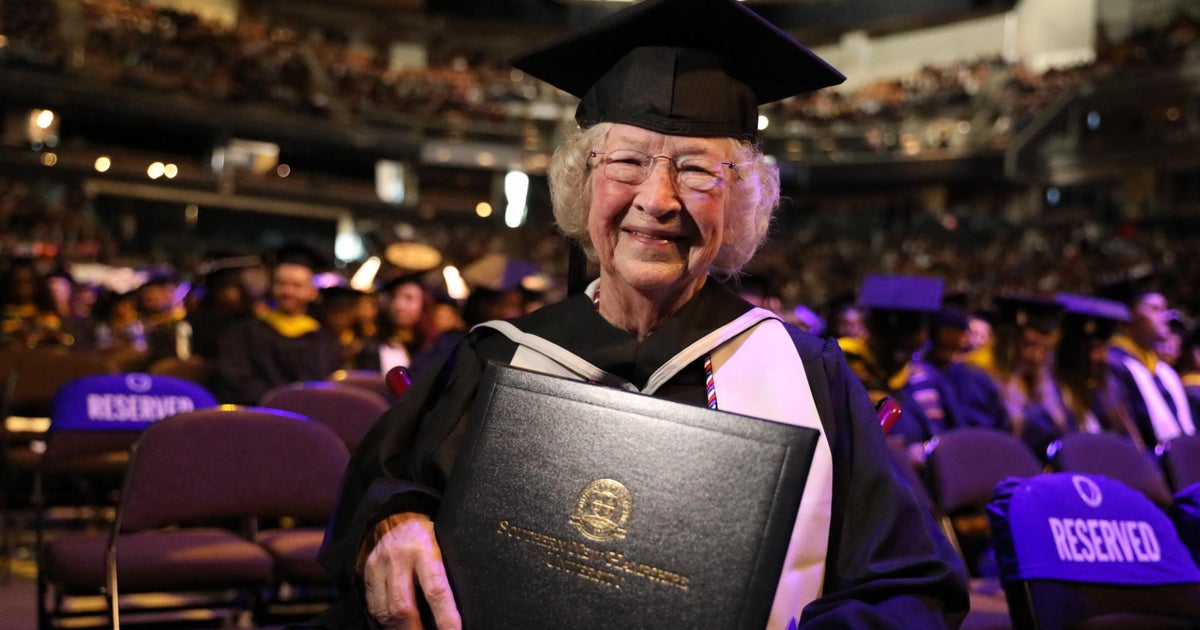Lee Westwood Prepares For A Run At His First Major Championship
The opportunity to win majors is quite small if pondered mathematically. For example, a player who gets his first opportunity at age 20 and plays 25 years until age 45 has, at most, 100 chances to win a major.
Now there are exceptions, such as Jack Nicklaus, who totaled 174 major starts. Still he only managed to win 18 or slightly more than 10 percent. In the history of the four majors, 204 players have won at least one and 76 have won two or more.
Lee Westwood has zero, but has been pegged for several years now as a candidate to win multiple majors. At age 38 the opportunities — six top three finishes in his past 13 major starts dating back to the 2008 U.S. Open — are dwindling.
Sensing lost chances, Westwood has done a slight overhaul in preparation for next week's PGA Championship. He has turned to putting guru Dave Stockton and golf psychologist Dr. Bob Rotella for some assistance.
The advice was in play during Westwood's opening-round 67 at the World Golf Championships-Bridgestone Invitational at Firestone Country Club in Akron, Ohio.
"Two or three things, yeah, grip pressure and the way the club sits in my left hand," he said of Stockton's putting tips, "and then a few things from working with Bob on Sunday, not spending so much time over the ball. I feel like it freed my stroke a little bit and got the ball rolling on the line I had picked a few times."
Westwood admits that change is difficult, and that he will have to adapt. That made Thursday's 67, which featured just 27 putts, all the more encouraging. Westwood sits 95th on the European Tour's Putts per Round listing, averaging 29.8 per round. A year ago, he was at 29.7.
In an effort to improve that average and become more confident and consistent he enlisted the help of Dave Stockton, a former PGA champion, and his son, Dave Jr.
After a session with the two on Monday, Westwood said he tried to digest the information on Tuesday. "It's just a case of trying to work through it and pick out the bits that I could incorporate in my stroke and my routine."
Mentally, Westwood hopes to become clutter free in his thinking.
"I did have a couple of mechanics to work on [Thursday], but once I'd set those in place, just forget about it and just make a stroke, which is what I've been struggling with," he said. "The worse you putt, the more you start to analyze it, the more technical you can get, and the more cluttered your brain gets, and that's not the ideal way to putt. You just want to putt like a 14-year-old really, just stand over it and roll it in the hole."
Now if he can remind himself there remains plenty of time left to win a major.
Q. You've been playing this game for a long time and really haven't changed your pre-shot routine and the way you think very much over that time. Is it easy enough to make these adjustments?
LEE WESTWOOD: No, it's really hard. I catch myself a few times out there where I had to stand off it because I had taken too long over it and I had had one extra practice stroke or a couple of extra looks. It's actually in the back of your mind that you shouldn't hit it, so I stepped off it and started all over again. I got it right most of the time, it's just a case of practicing it.
Q. You've made some changes lately working with the Stocktons on your putting stroke, 27 putts in today's round. How is the relationship developing?
LEE WESTWOOD: It was good. I worked with Dave and Dave, Jr., on Monday, a little bit on Tuesday but not much because they gave me quite a bit to think about on Monday. And it's just a case of trying to work through it and pick out the bits that I could incorporate in my stroke and my routine.
I did a bit of work with Bob Rotella on Sunday, as well, in New York, just to get me thinking a bit more clearly. Well, I was thinking clearly but not thinking at all, just concentrating on rolling it rather than trying to make it, and it worked a few times today, although it's quite hard to implement it on the golf course.
Q. It's nice to putt when you're clutter-free as far as your mind instead of thinking about a mechanical issue. Was that a problem at all, just to go ahead and release the putter or did you have mechanical thoughts in your mind?
LEE WESTWOOD: Yeah, that was the main issue out there. I did have a couple of mechanics to work on, but once I'd set those in place, just forget about it and just make a stroke, which is what I've been struggling with. The worse you putt, the more you start to analyze it, the more technical you can get, and the more cluttered your brain gets, and that's not the ideal way to putt. You just want to putt like a 14-year old really, just stand over it and roll it in the hole.
Stuart Hall is editor of the Golf Press Association.







